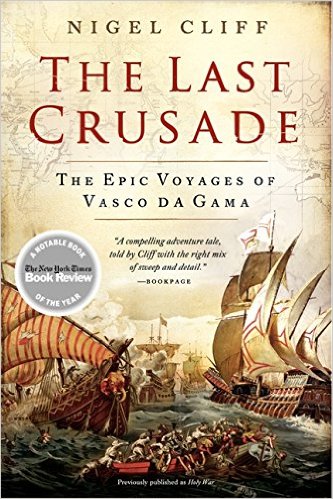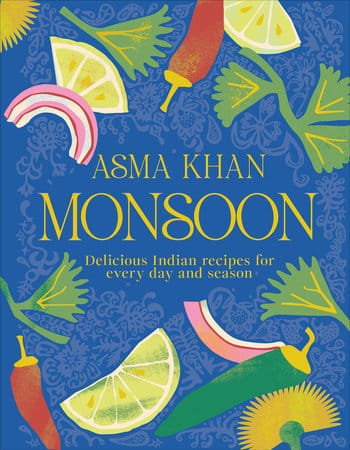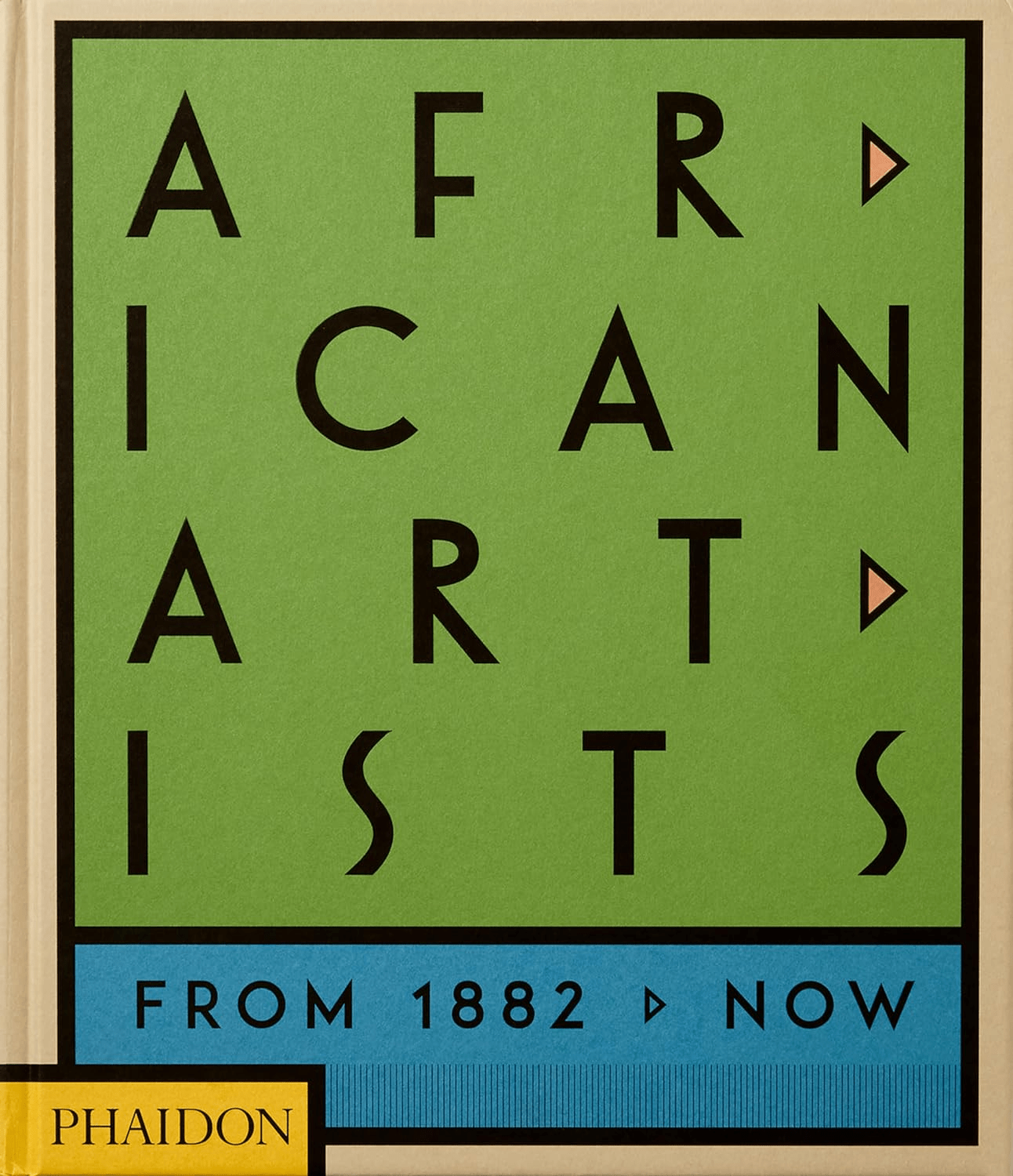
The Last Crusade: The Epic Voyages of Vasco de Gama
Robert W. Lebling
Nigel Cliff
2012, Harper Perennial, 978-0-06173-513-4, $17.99 pb.
“What Columbus had promised, Gama had delivered.” So the author sums up Portuguese explorer Vasco da Gama’s discovery in 1498 of a sea route to spice-laden India. Both explorers sought to break the Arab-Islamic monopoly of trade with the distant East. While Columbus’s quest was blocked by the Americas, Gama rounded Africa and became the first European to gain direct access to the grand cities of India’s west coast, where spices, silks, gems and other rare goods from farther east were gathered for shipment aboard Muslim vessels to ports in Arabia and Egypt, then conveyed to Venetians and others to Europe. Through accounts by eyewitnesses, Cliff brings this history alive. Outwardly, the Portuguese were on a “Last Crusade,” declared by King Manuel, to destroy the power of the Muslims. Their true goal was to divert the flow of Asian mercantile wealth directly to Lisbon. Though small in size, Portuguese ships made effective use of the latest European weaponry and maritime technologies, quickly dominating the Indian Ocean. Cliff captures the flavor of the era, carrying the reader along like a juggernaut. His analysis of broader regional geopolitics can be somewhat unpersuasive at times, but the intensity of the read makes it all worthwhile.
You may also be interested in...

Asma Khan’s Monsoon Cookbook Reclaims Taste of Home—Our Book Review
Known for her all-female kitchen at London’s Darjeeling Express, Asma Khan transforms her new cookbook into a memoir, steeped in nostalgia.
A Century of African Art, in 300 Voices, All in One Book
From Cairo to Khartoum to Casablanca, this volume traces how African artists have shaped—and reshaped—modern art over the past century.